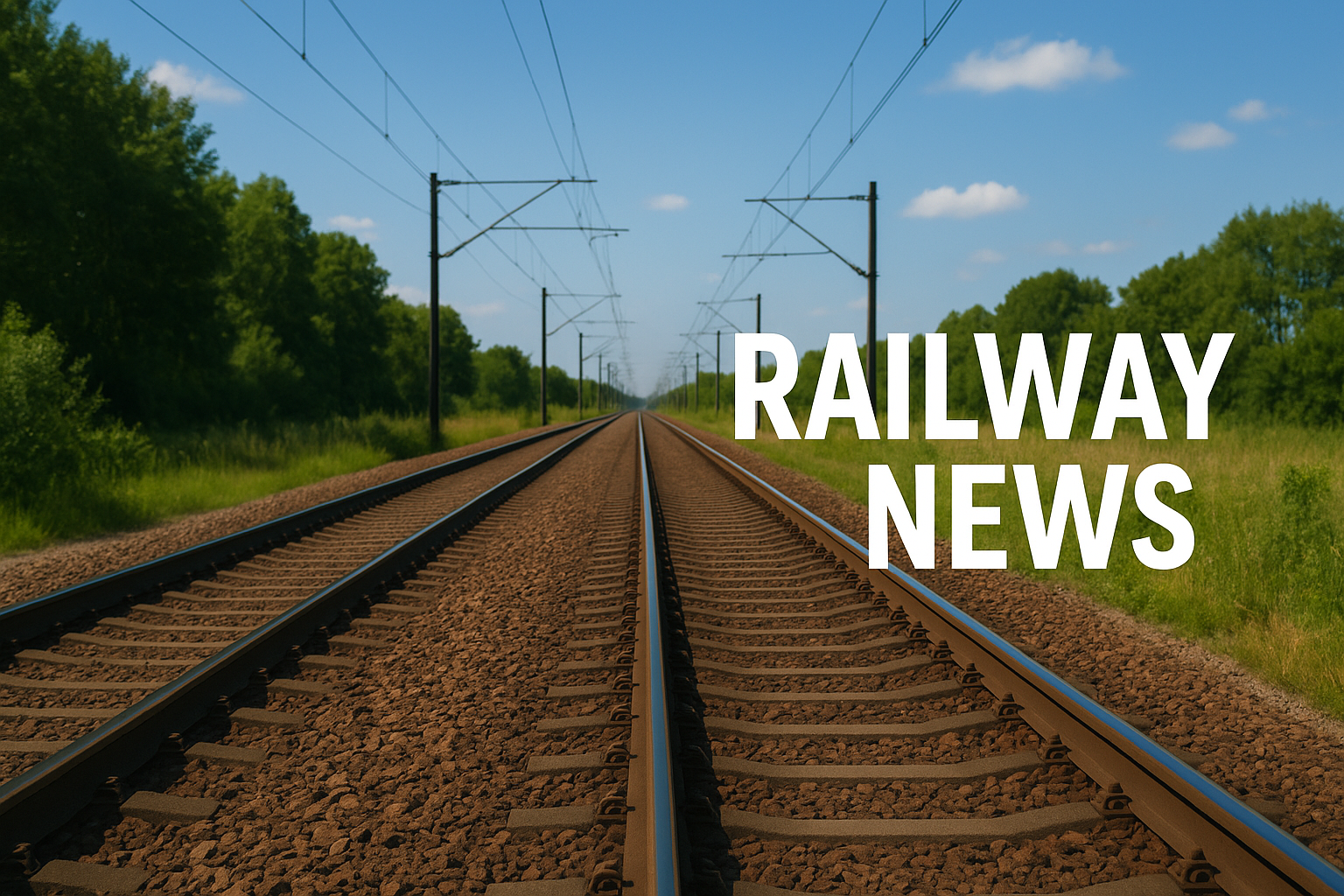AECOM Wins £45M Network Rail Contract: Transforming UK Rail

This article examines AECOM’s newly awarded contract with Network Rail (NR) in the North West & Central (NW&C) region of the UK. The five-year, £45 million Commercial Services Framework agreement represents a significant expansion of AECOM’s involvement in UK rail infrastructure projects. This partnership highlights the crucial role of private engineering firms in supporting the efficient operation and maintenance of Britain’s extensive rail network. The analysis will delve into the specific services AECOM will provide under the framework, explore the strategic importance of the NW&C region, and evaluate the broader implications of public-private partnerships in the rail industry. The article will further discuss the challenges and opportunities inherent in managing such a large and complex railway network, and assess the long-term impact of this collaboration on both AECOM’s business and the overall functionality and resilience of the UK rail system. The contribution of AECOM’s expertise to ongoing and future projects within the region will also be considered.
AECOM’s Scope of Services Under the Framework
AECOM’s engagement with Network Rail under the Commercial Services Framework encompasses a wide range of crucial operational support functions. The awarded lots specifically include: Lot 1: Procurement (Pre-Contract Management), responsible for the efficient and compliant procurement of goods and services for railway projects; Lot 2: Commercial (Post-Contract Management), overseeing contract execution and managing relationships with contractors; Lot 3: Cost Audit & Assurance, providing independent verification and validation of project costs; Lot 4: Claims Management, handling and resolving disputes and claims related to contracts; Lot 5: Cost Planning/Estimating, developing accurate cost estimations for projects and ensuring budget adherence; and Lot 6: Strategic Partnering, fostering collaborative relationships with stakeholders to achieve project objectives. This comprehensive scope of work underscores AECOM’s expertise across the entire project lifecycle, from initial planning and procurement to final delivery and cost control.
Strategic Importance of the NW&C Rail Region
The NW&C region, encompassing key lines such as the West Coast Main Line (WCML), is a critical component of the UK’s rail infrastructure. Serving major cities like London, Birmingham, Manchester, Edinburgh, Liverpool, and Glasgow, it forms the economic backbone of the country, facilitating the movement of passengers and goods. The region’s high passenger volume (approximately 1.3 million daily commuters) emphasizes the imperative for efficient and reliable rail operations. AECOM’s involvement in supporting Network Rail in this region directly impacts the daily lives of millions, contributing to economic productivity and social connectivity. The region’s prominence also makes it a strategic focus for large-scale infrastructure projects such as High Speed 2 (HS2), Northern Powerhouse Rail (NPR), and the Transpennine route upgrade, all of which AECOM is already contributing to.
Public-Private Partnerships in the Rail Industry
The AECOM-Network Rail partnership exemplifies the increasing reliance on public-private partnerships (PPPs) in managing complex infrastructure projects. PPPs leverage the specialized expertise and financial capacity of private companies to supplement public resources, leading to potentially faster project delivery and cost efficiencies. However, effective PPPs necessitate clear contractual agreements, robust risk allocation mechanisms, and a strong collaborative spirit between public and private entities. The success of this particular partnership will depend on the effective implementation of the framework agreement, clear communication channels between AECOM and Network Rail, and a shared commitment to achieving the mutual goals of operational efficiency and infrastructure improvement.
Challenges and Opportunities
The NW&C region presents unique challenges, including managing high passenger volumes, maintaining aging infrastructure, and adapting to changing technological demands. AECOM’s involvement brings expertise in addressing these challenges through innovative solutions, process optimization, and advanced technologies. This partnership offers AECOM opportunities to enhance its reputation as a leading rail engineering firm, expand its portfolio of projects, and showcase its capabilities in a high-profile context. Simultaneously, the success of this partnership will be vital for ensuring the long-term sustainability, resilience and reliability of the UK’s crucial NW&C rail network.
Conclusions
AECOM’s award of several lots under Network Rail’s £45 million Commercial Services Framework represents a substantial commitment to improving the operational efficiency of the UK’s North West & Central rail region. The agreement covers a broad spectrum of crucial services, from procurement and contract management to cost planning and strategic partnering. The NW&C region’s significant economic and social importance underscores the critical role of this partnership in ensuring reliable and efficient rail services for millions of passengers and businesses daily. The framework highlights the growing trend of public-private partnerships in the rail industry, leveraging private sector expertise to complement public resources. While the partnership presents significant challenges – managing high passenger volumes, maintaining aging infrastructure, and adapting to technological advancements – it also presents substantial opportunities for AECOM to showcase its expertise and contribute to the modernization of the UK rail network. The success of this collaboration hinges on effective communication, robust risk management, and a shared commitment to delivering superior rail services. The long-term impact on both AECOM’s profile and the overall resilience and efficiency of the UK’s rail network will significantly depend on the effective implementation and management of this framework. Ultimately, this partnership serves as a case study in the crucial intersection between public and private sector collaboration in maintaining and developing critical national infrastructure.

